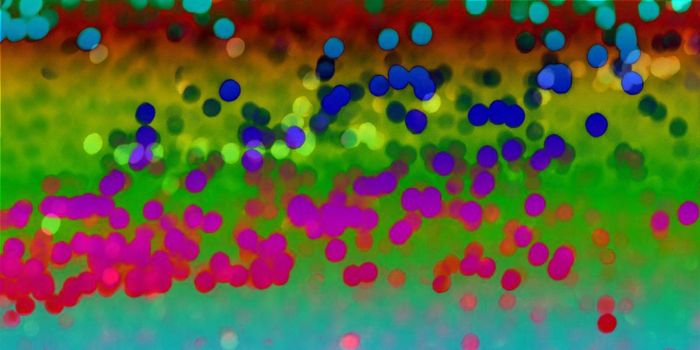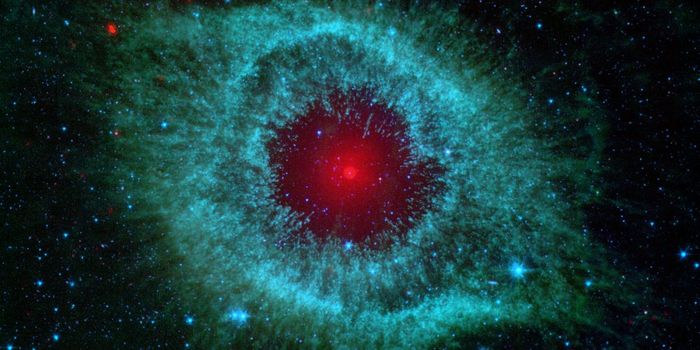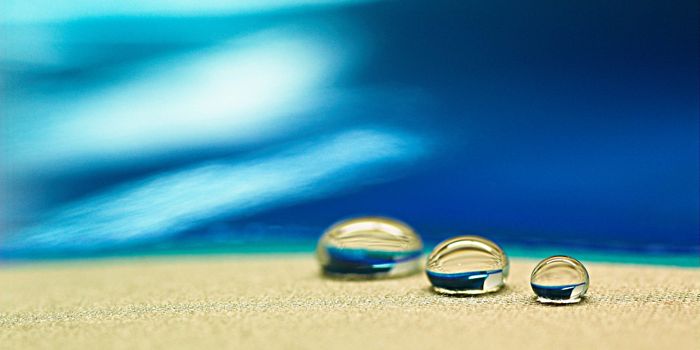About 95% of Americans are in favor of organ donation, but only 50% of us sign up to be organ donors. Why is that? Of course, everyone has their own opinion and right to decide what happens to their body, but let's dive into the science behind organ donation in order to clear up some myths that you may have picked up from watching too much Grey's Anatomy.
First of all, don't for a second think that being an organ donor will make you receive poorer medical attention because those doctors are just waiting to pass your organs onto another body after you die. No, in fact, doctors will not even check to see if you are a registered organ donor until after you have been declared dead, which is a process determined by two doctors who fulfill many various tests to see if you are "brain dead." Only after you have been declared dead, will doctors check to see if you are a registered donor and will then commence the process of looking for organ and tissue matches, going through individual checks of your heart, kidney, skin, lung, liver, pancreas, intestines, bone tissue, corneas, etc. If any matches are found, doctors will then move your body to a sterilized operating room and perform the operations to remove the organs with as much care as they would if you were living. The removed organs are then placed in a cooled container and transported to where they are most needed. Because the doctors take such care with the organ donor's body, the person is still able to have an open casket if that's what the family desires.
That being said, only 3 in 1,000 people die in such a way that allows for donation to be possible. You must be generally healthy, without any sort of infection, and die in the hospital. Over 119,000 people in the US are on the waiting list for organ donation and 22 die every day waiting for their lucky donation. Are you a donor?








